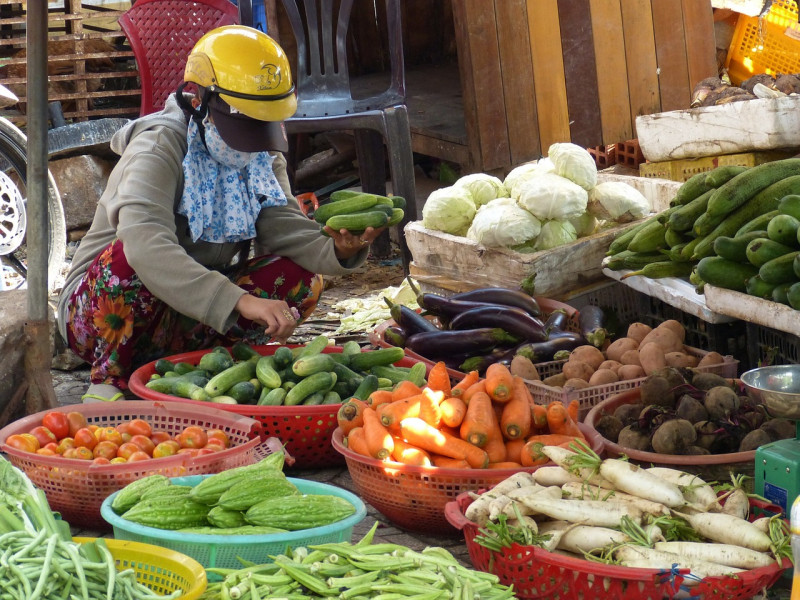GENEVA – The World Economic Forum (WEF) Community of Chief Economists said yesterday it expects reduced growth and stubbornly high inflation to continue in the remainder of 2022 and 2023, while real wages will keep falling.
In WEF’s quarterly Chief Economists Outlook, seven out of 10 considered a global recession to be at least somewhat likely.
It said prospects for the global economy had deteriorated further since its May 2022 report, with expectations for growth pared back across all regions.
Almost nine out of 10 chief economists expect Europe’s growth to be weak in 2023, while moderate growth is foreseen in the Middle East and North Africa (Mena) region, the US, South Asia, and Latin America.
“Growing inequality between and within countries is the ongoing legacy of Covid-19, war, and uncoordinated policy action,” said WEF managing director Saadia Zahidi.
“With inflation soaring and real wages falling, the global cost of living crisis is hitting the most vulnerable hardest.”
As policymakers aim to control inflation while minimizing the impact on growth, they must ensure specific support to those who need it most, she added.
The grim growth outlook is driven partly by soaring inflation, which has triggered sharp monetary tightening across many economies.
Except for China and the Mena region, most of the economists surveyed expect high inflation to persist for the remainder of 2022, with expectations somewhat moderating in 2023.
Decline in real wages
As the high cost of living reverberates worldwide, the economists agreed that wages will fail to keep pace with surging prices in 2022 and 2023.
Nine in 10 economists expect real wages to decline in low-income economies and 80% in high-income economies during that period.
“With household purchasing power weakening, the majority of the chief economists expect poverty levels across low-income countries to increase, compared with 60% in high-income countries,” said WEF.
As the cost of living crisis spurs concerns around energy and food prices, the chief economists were particularly concerned about sub-Saharan Africa and the Mena region, with 100% and 63% of respondents expecting food insecurity.
A significant number of respondents – 47% for both – also expect food insecurity in South Asia and Central Asia.
“Most concerningly, 79% of the respondents expect rising costs to trigger social unrest in low-income countries versus 20% in high-income economies,” said the report. – Bernama, September 29, 2022





















